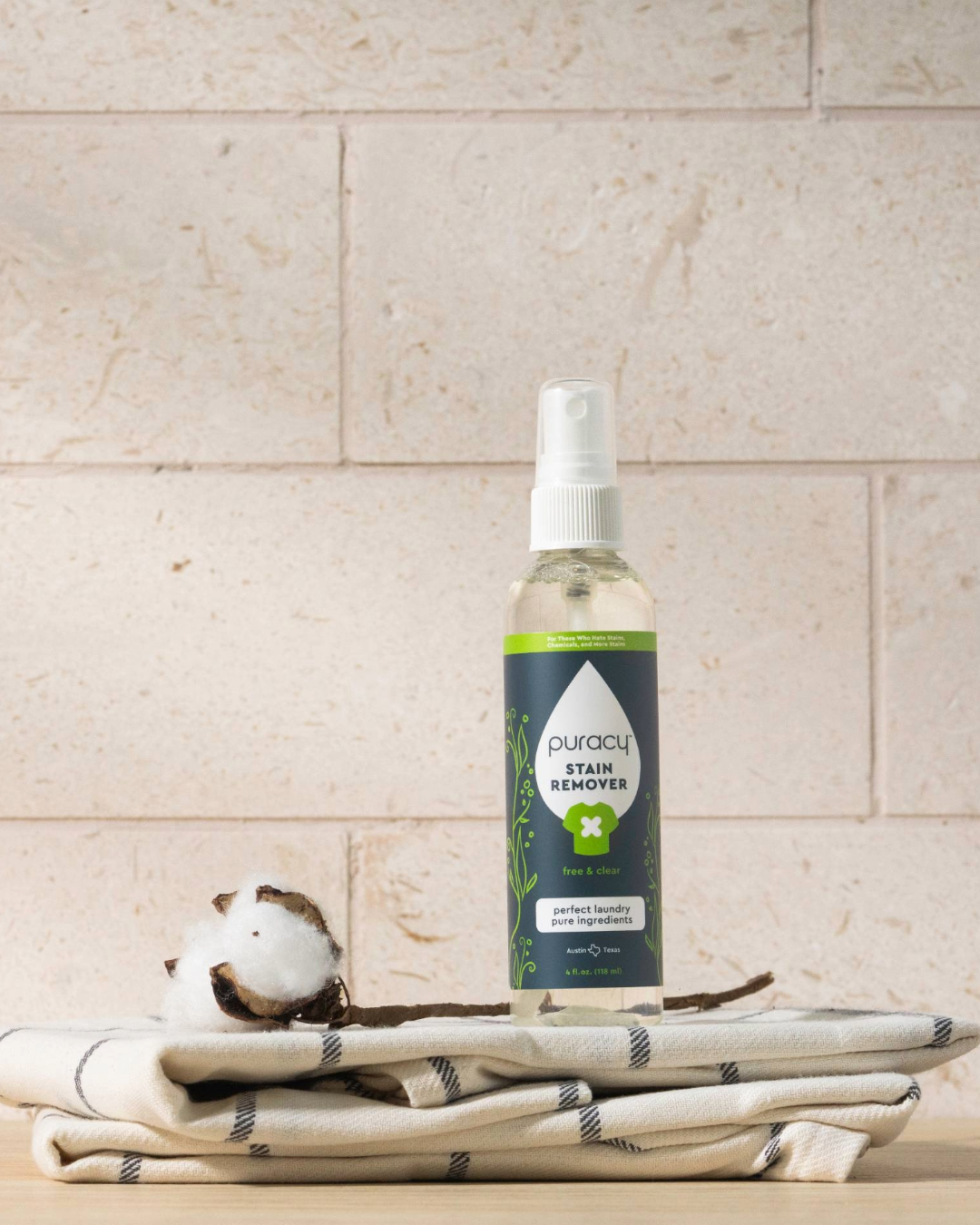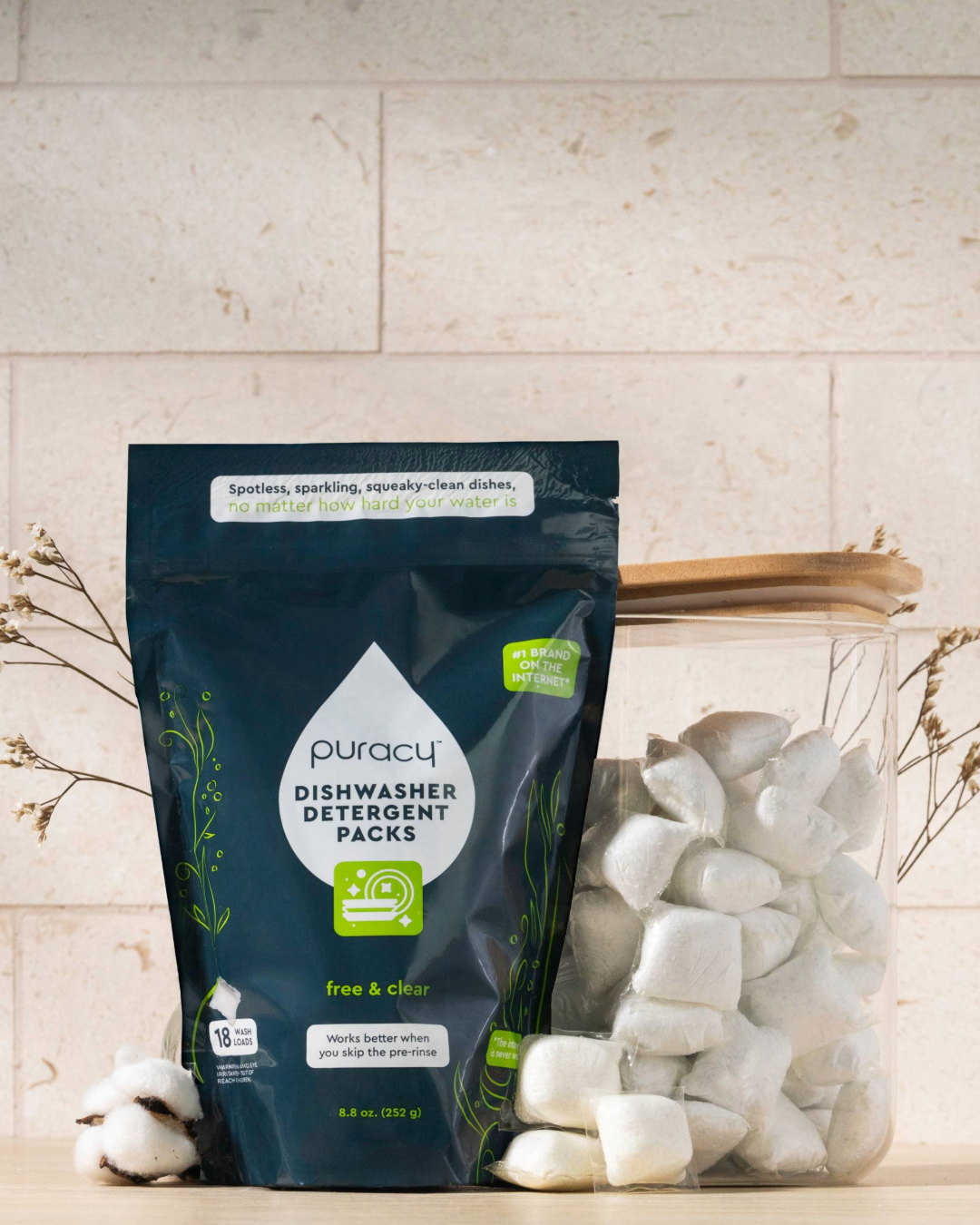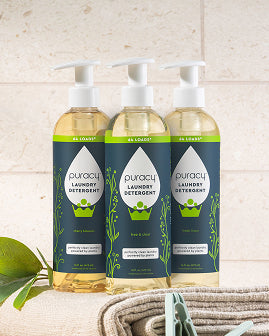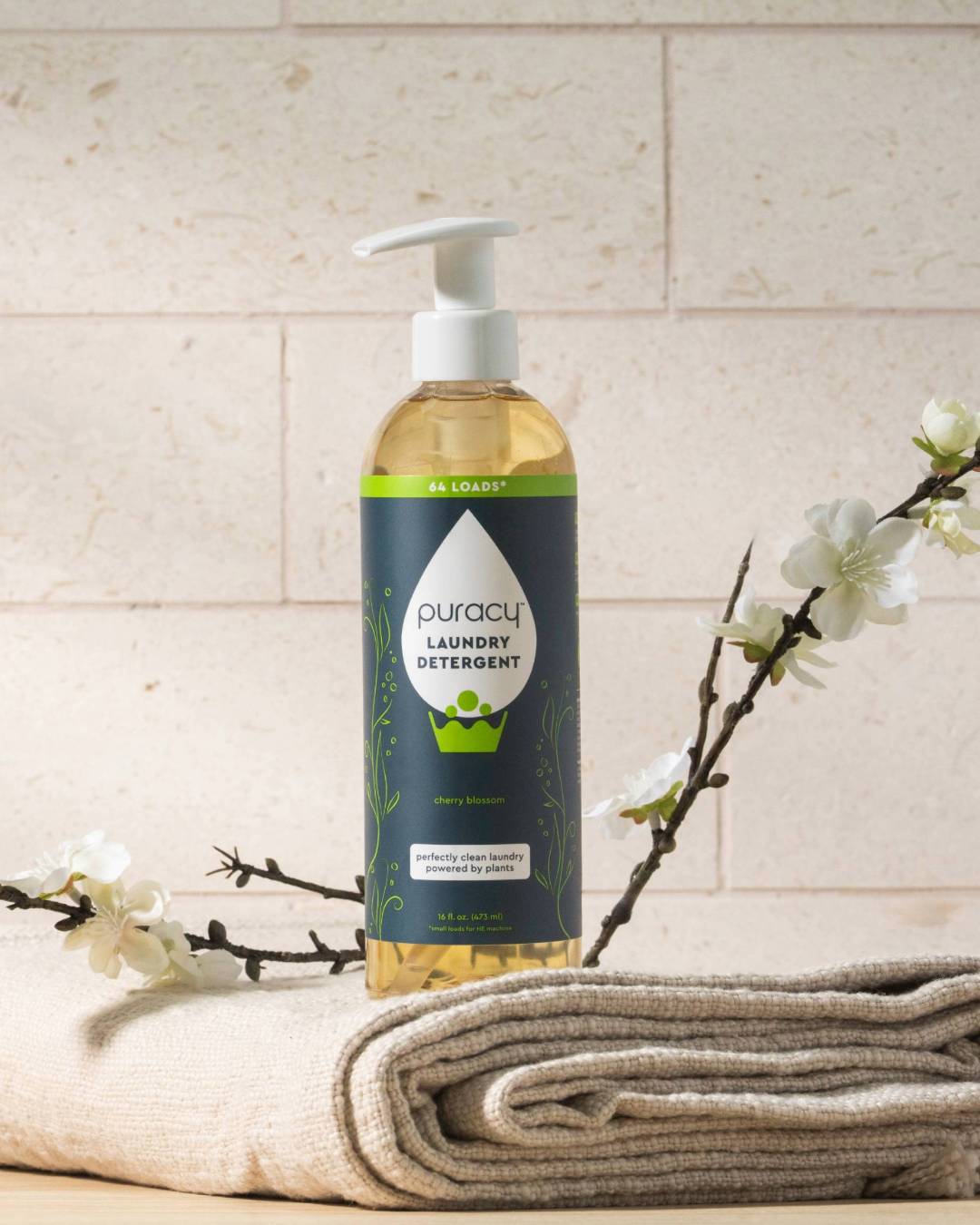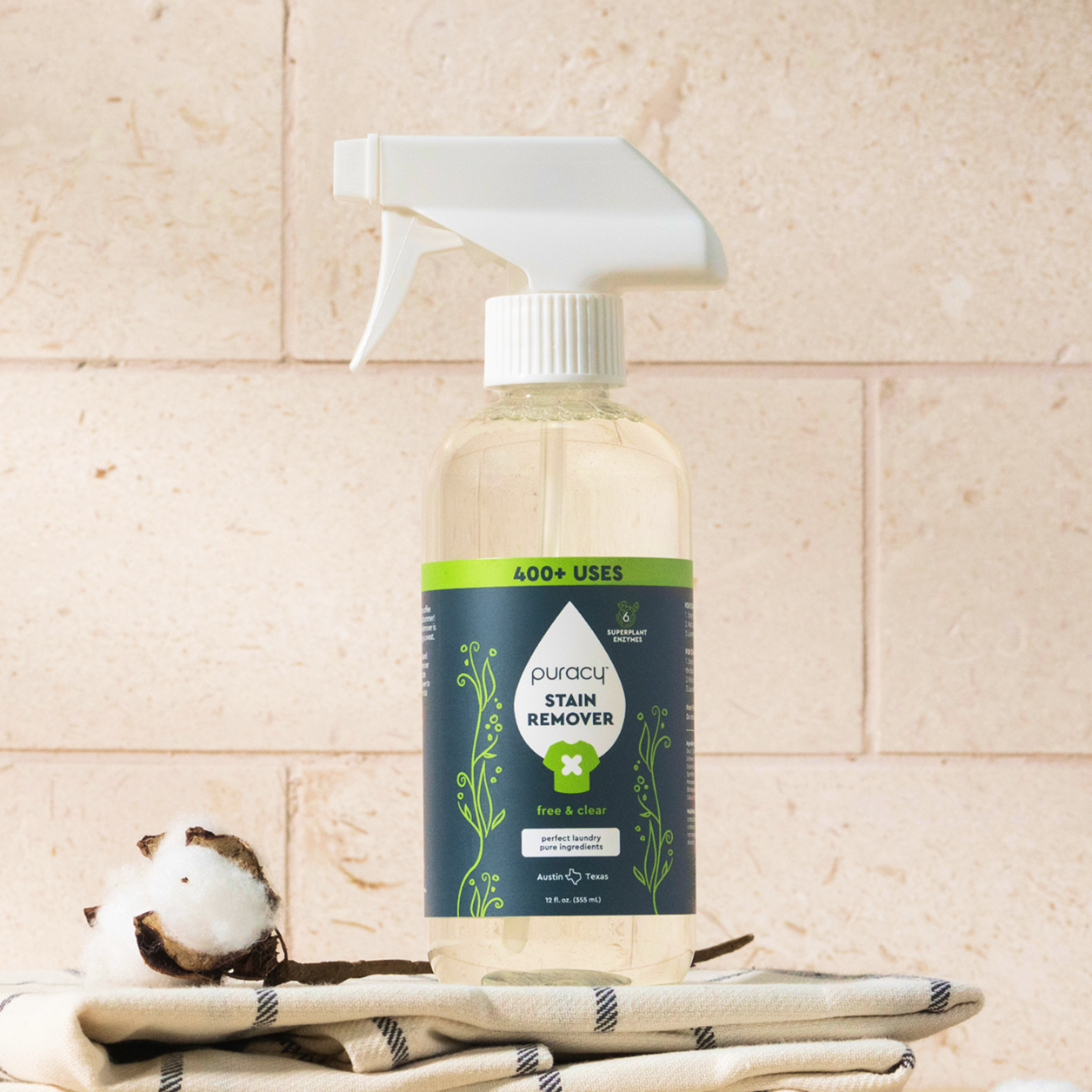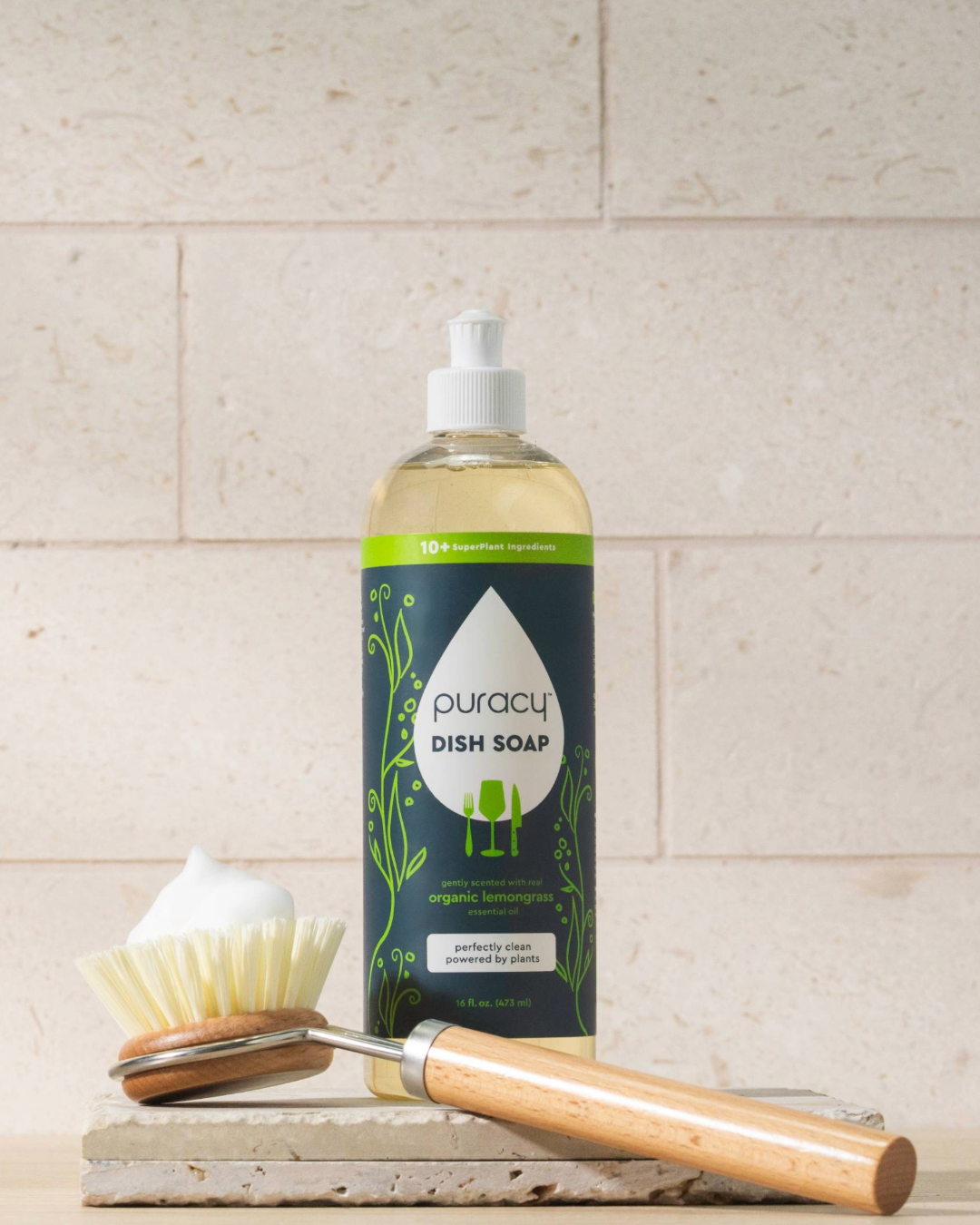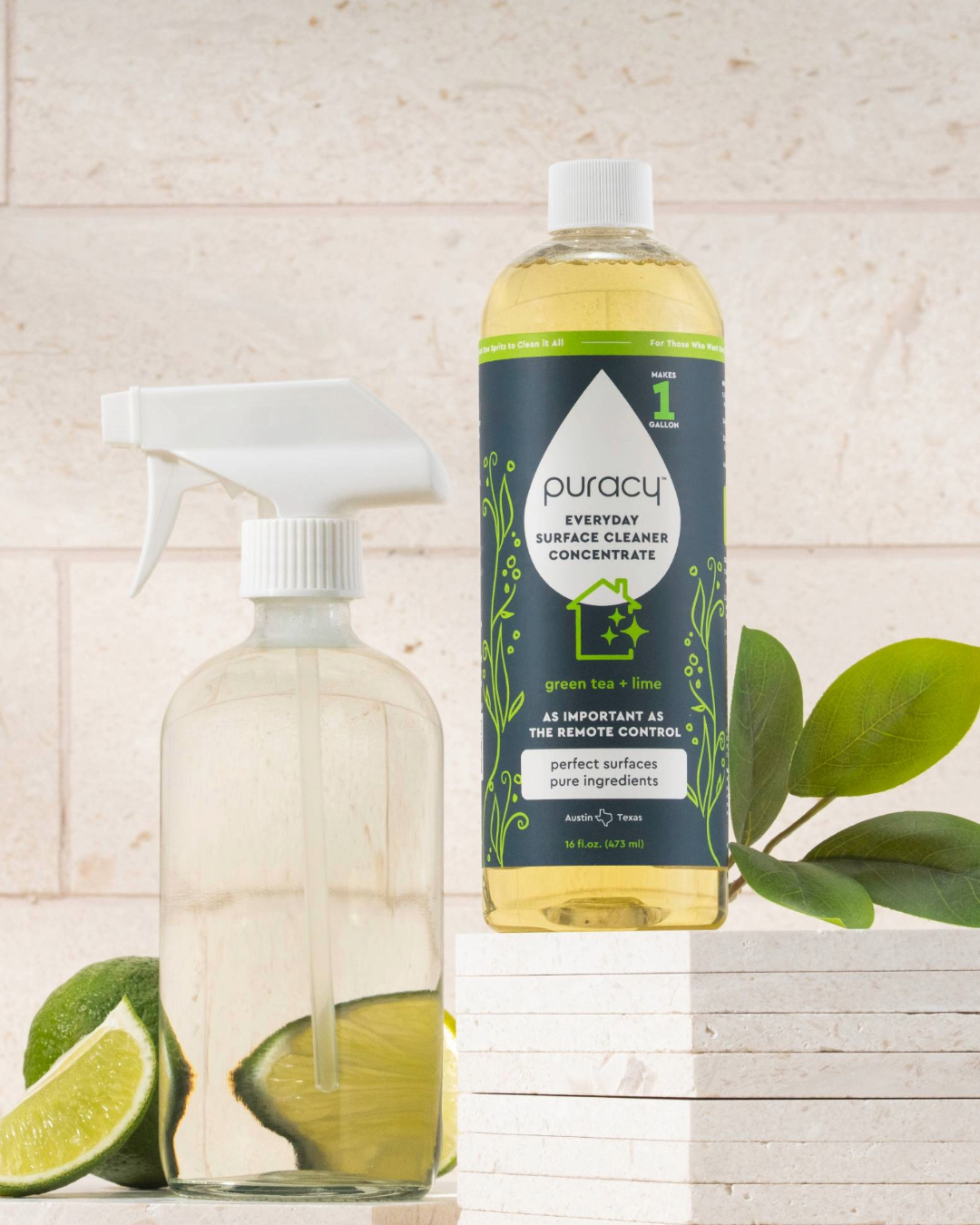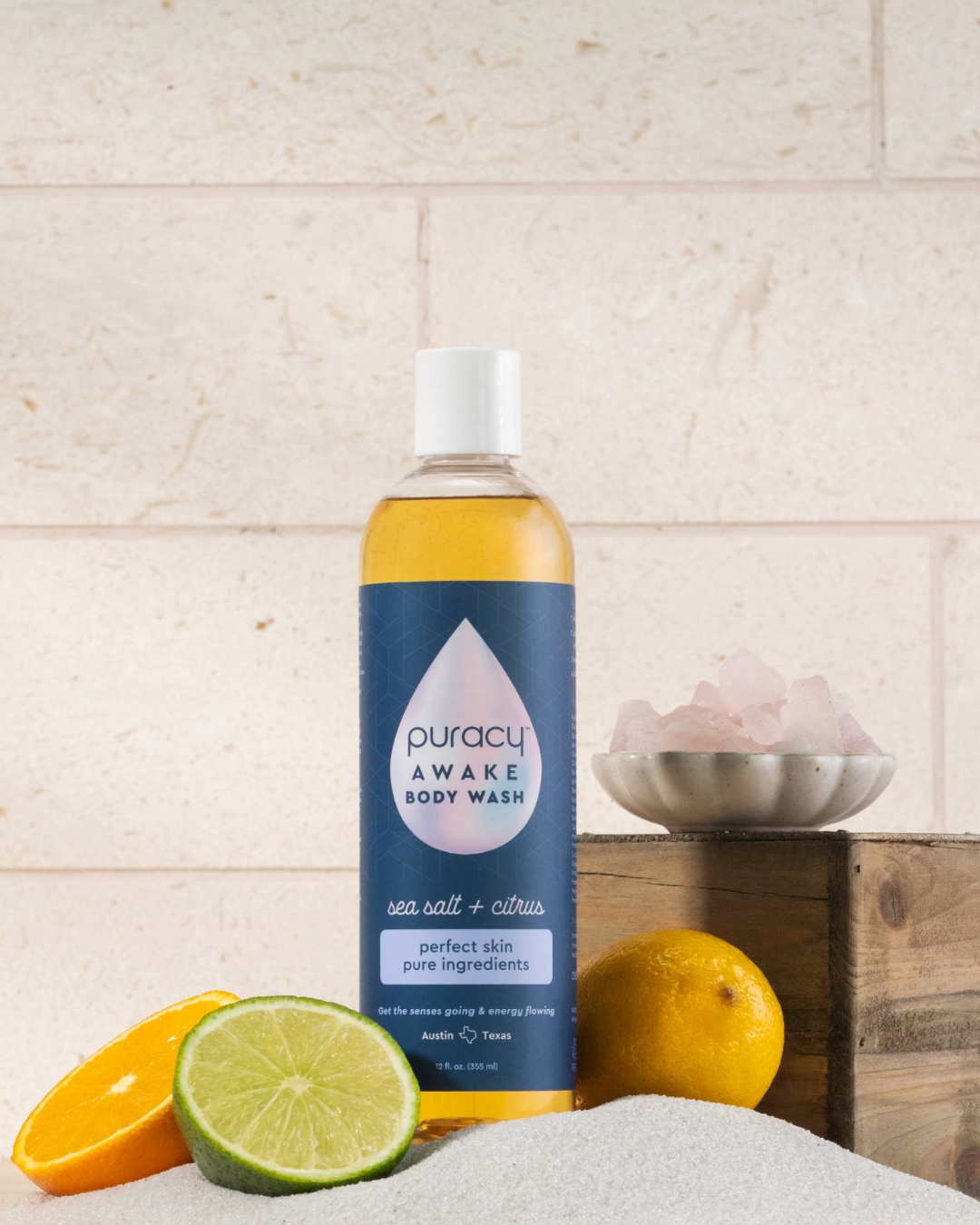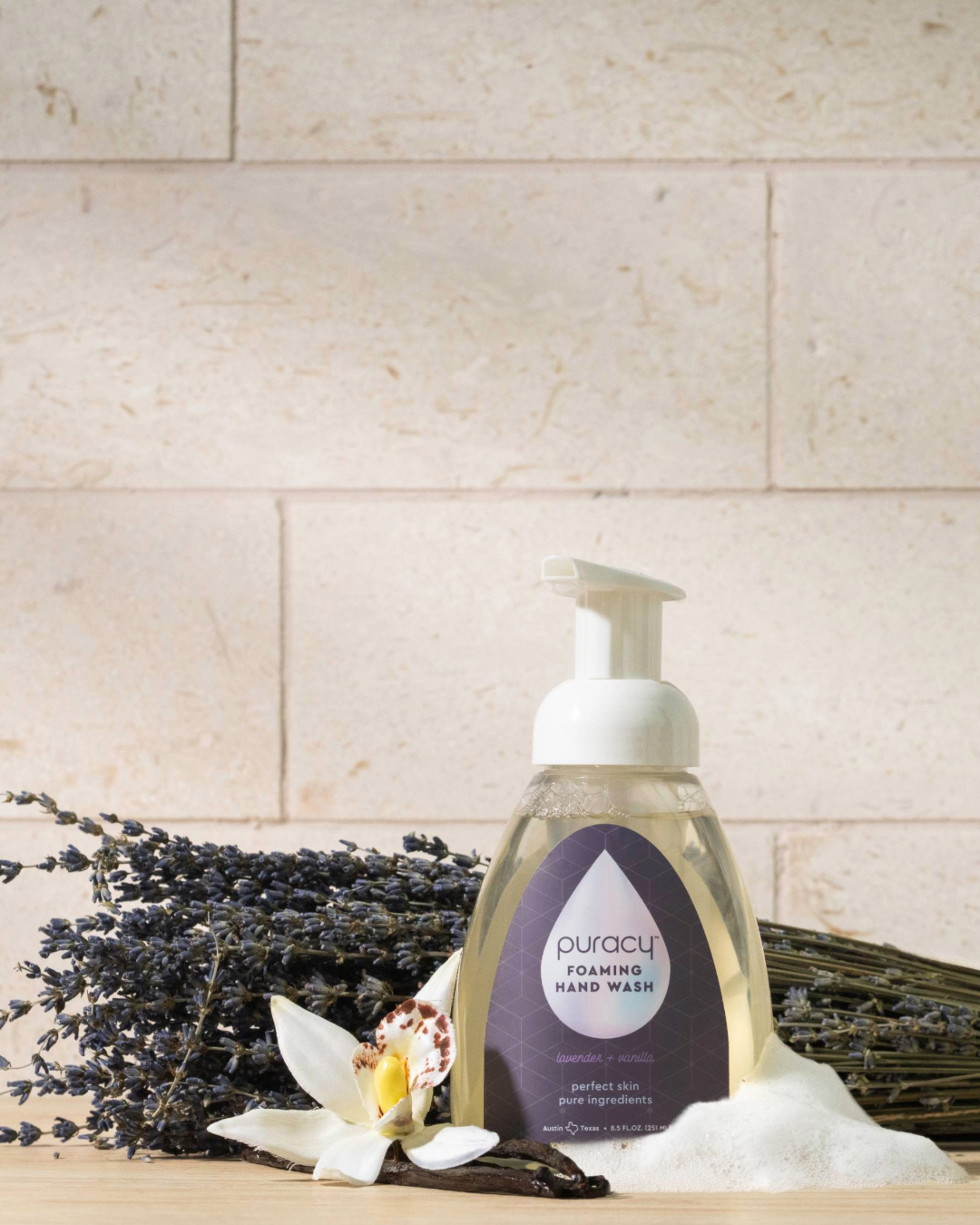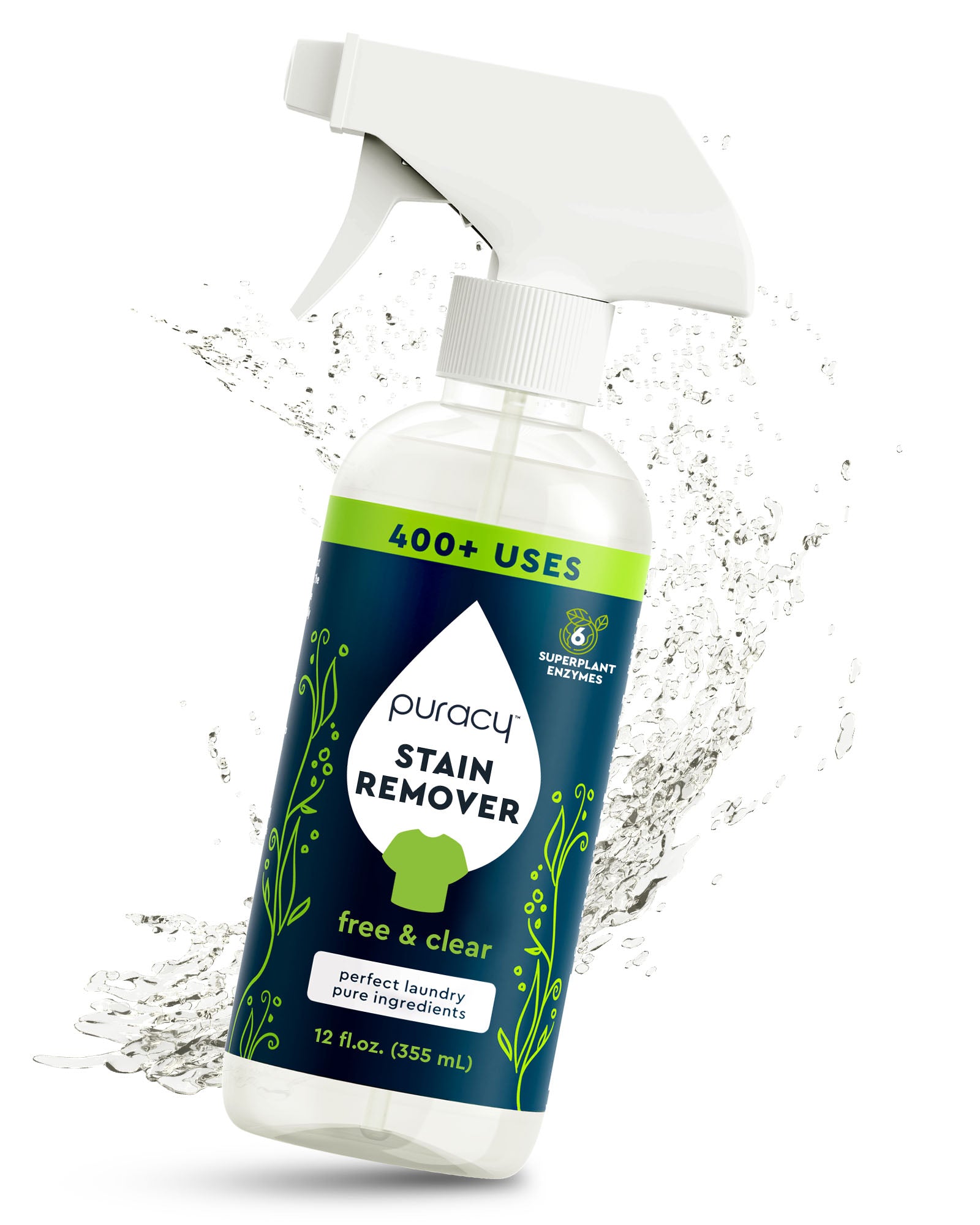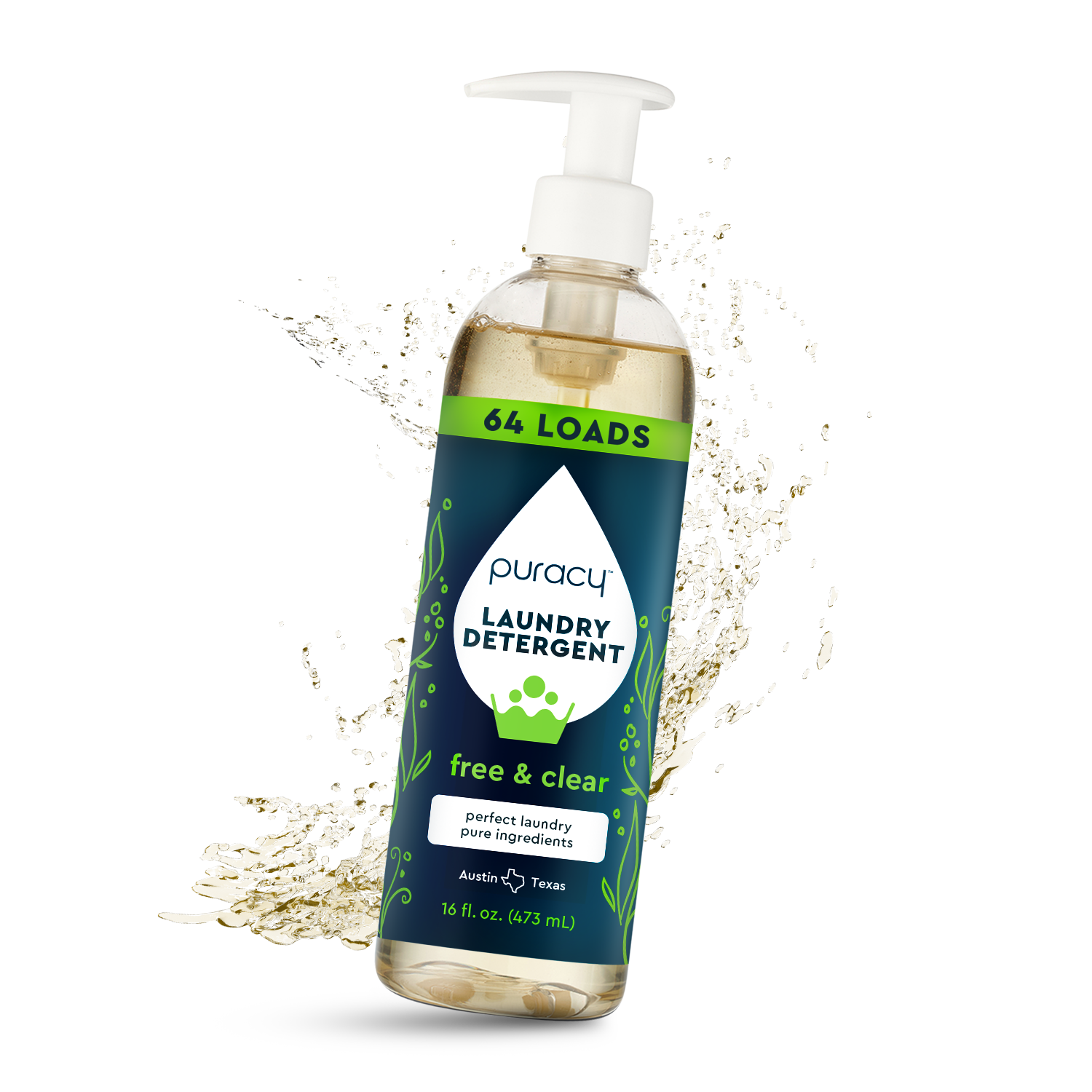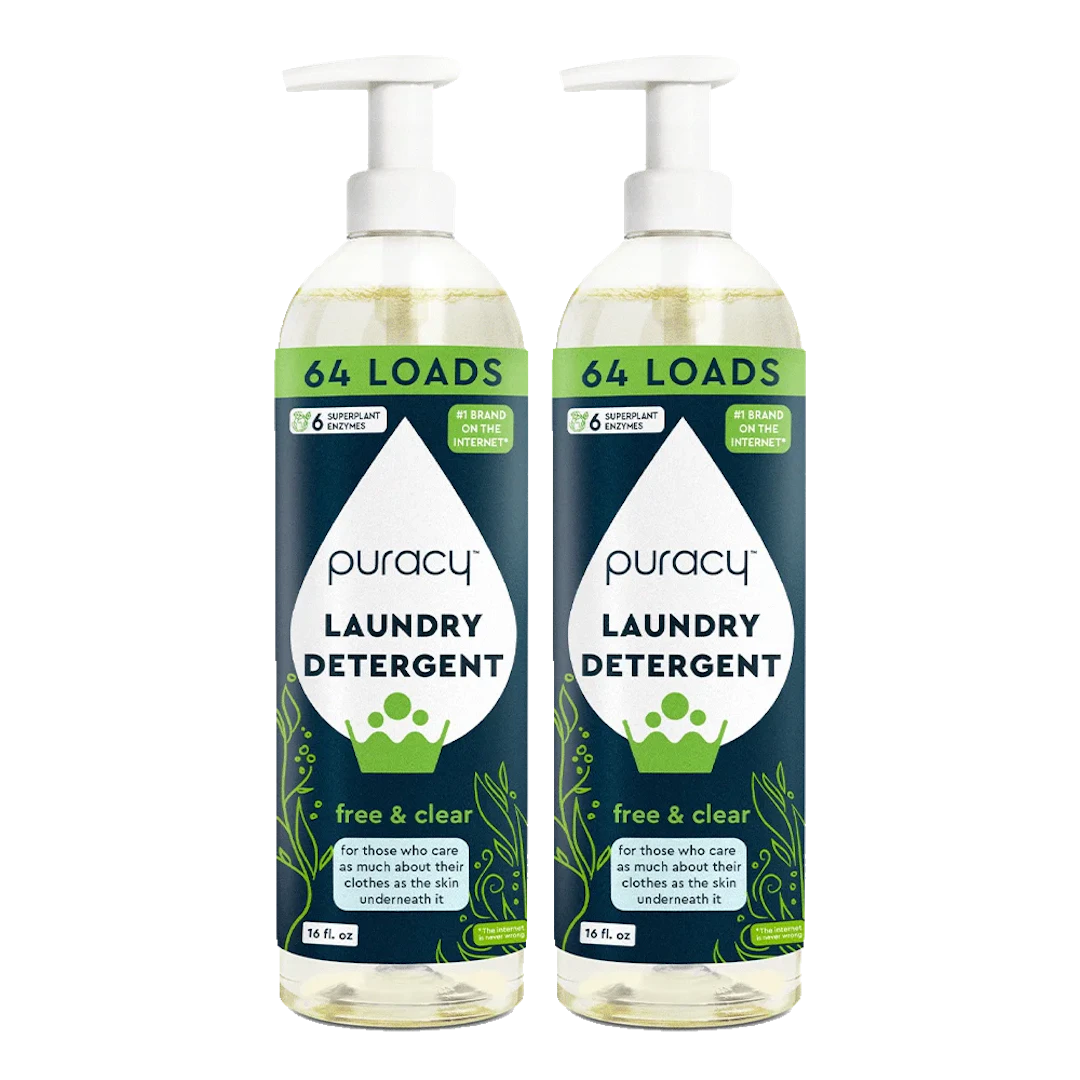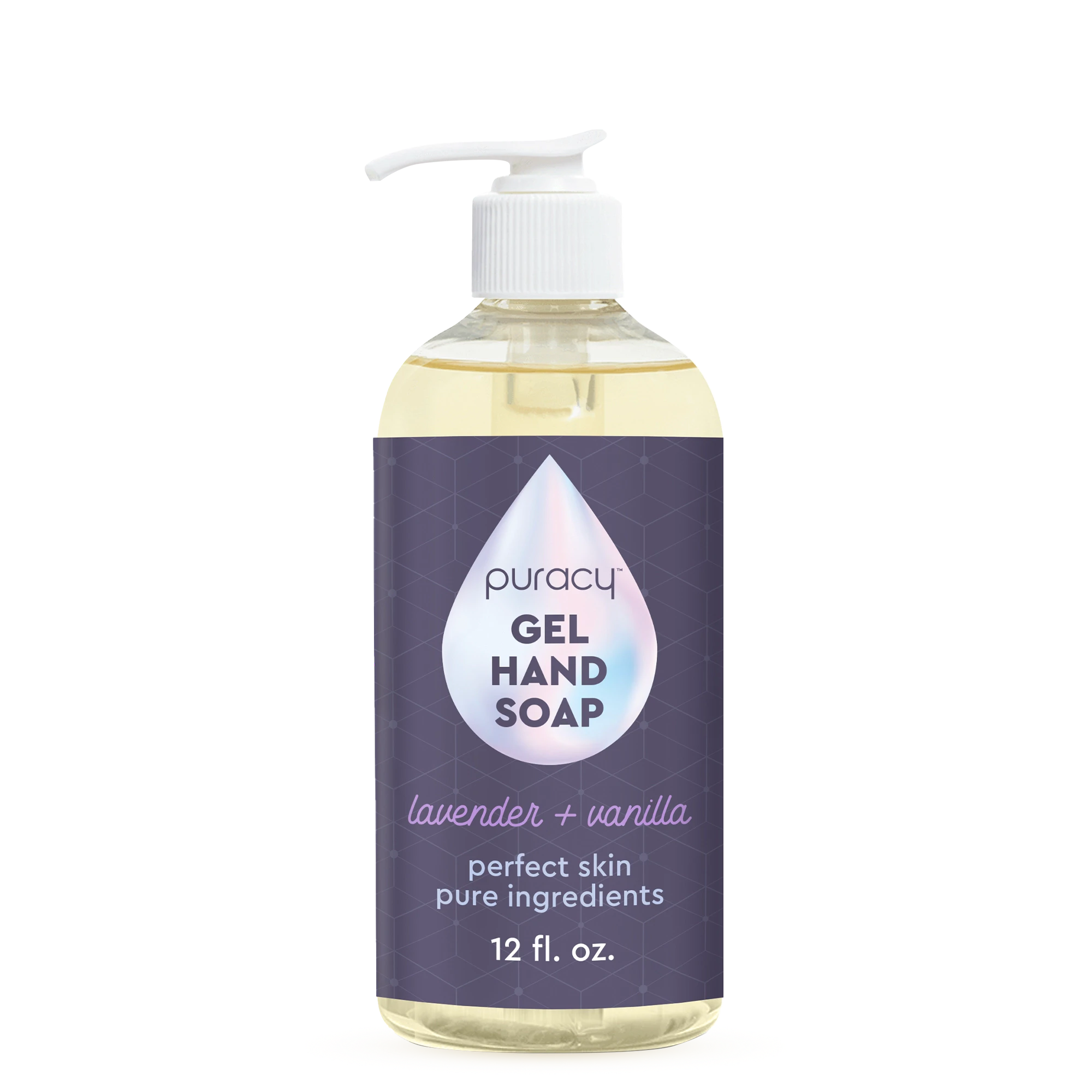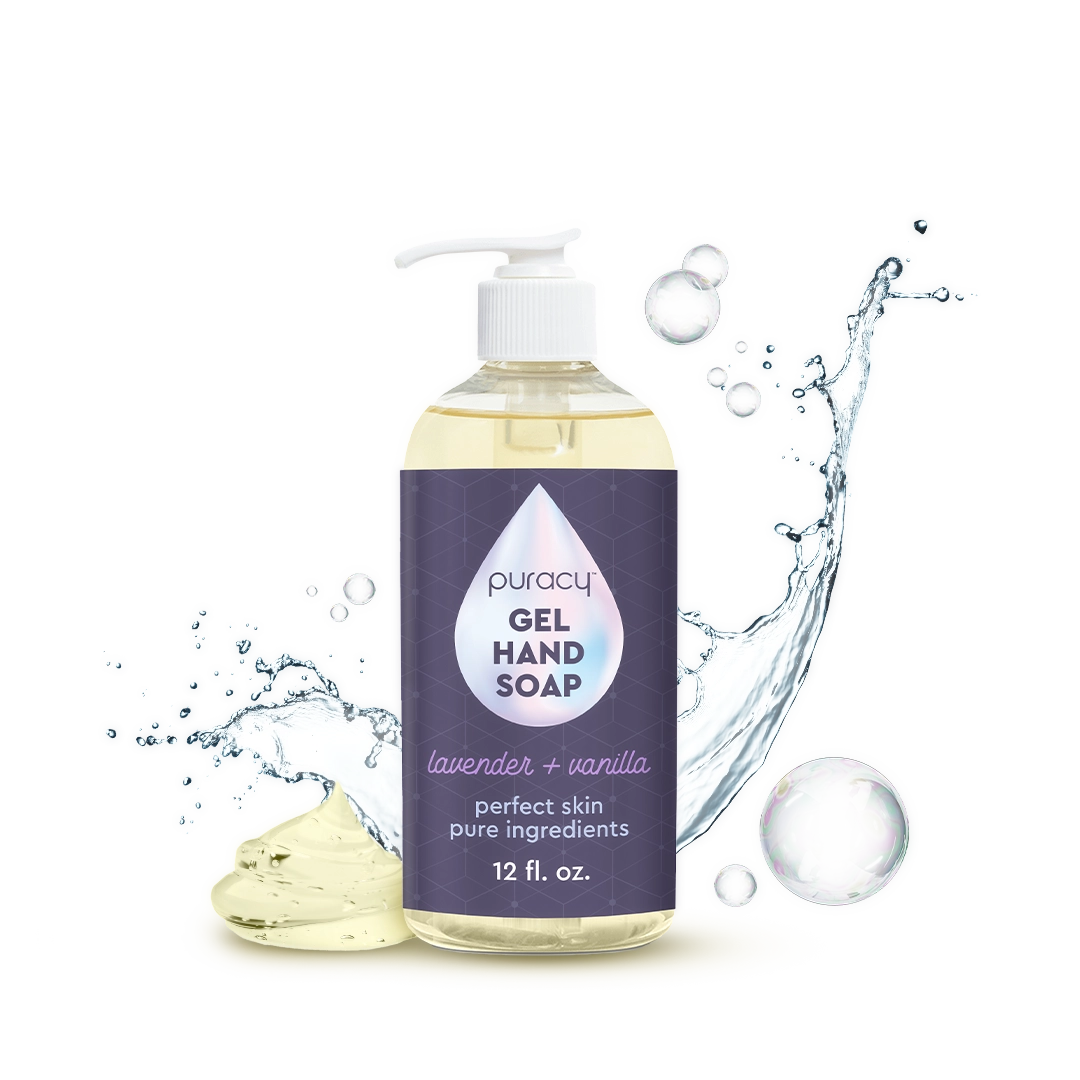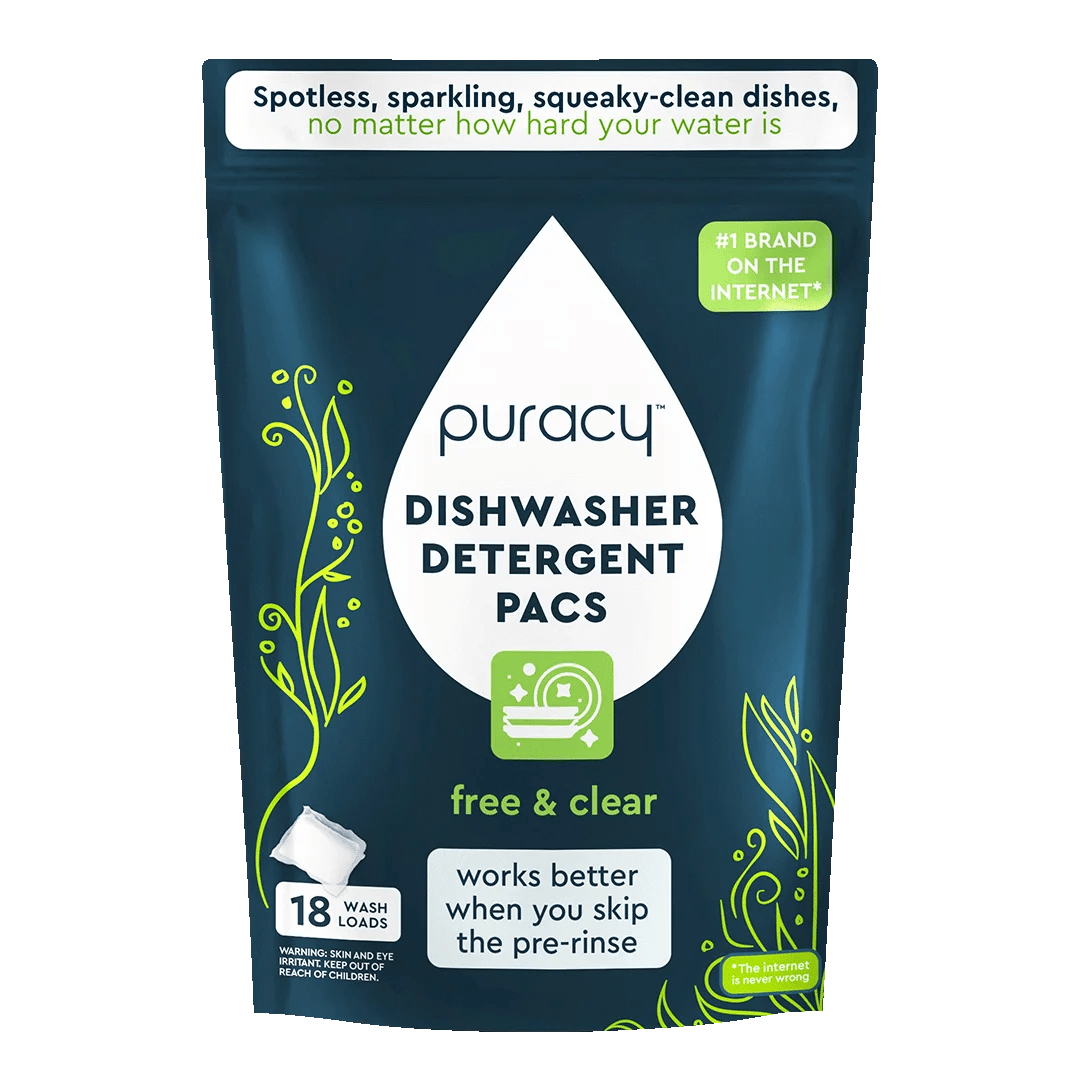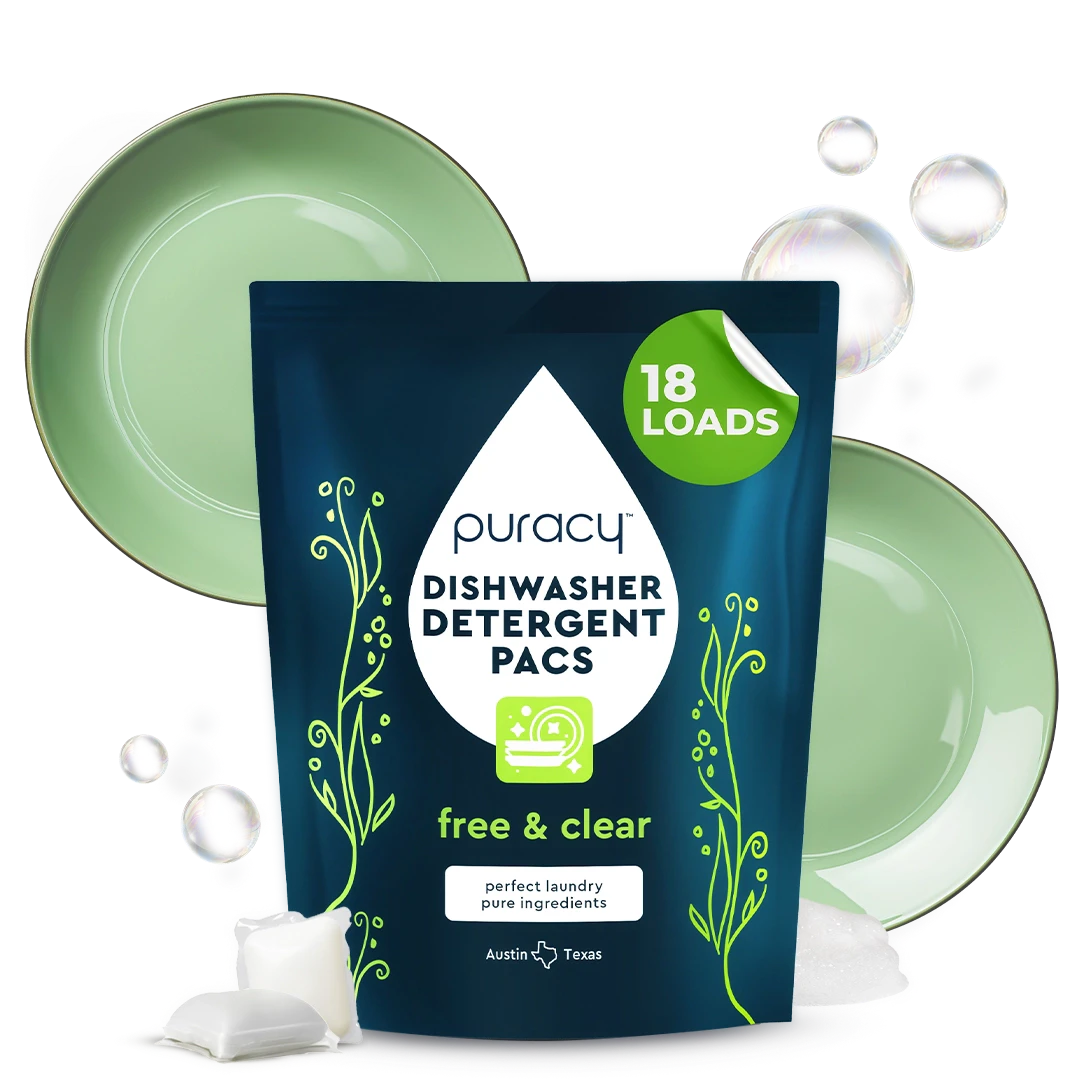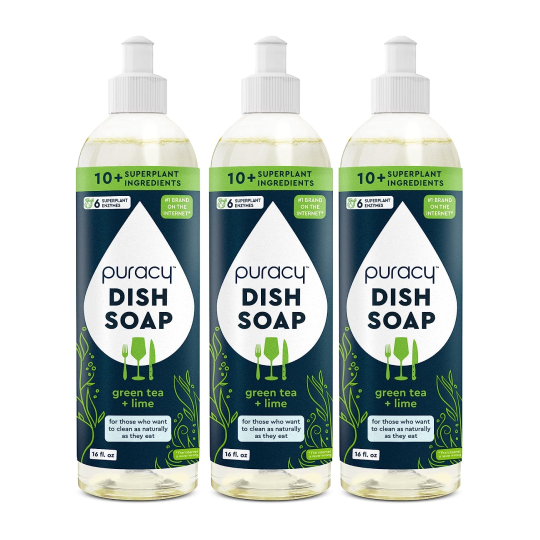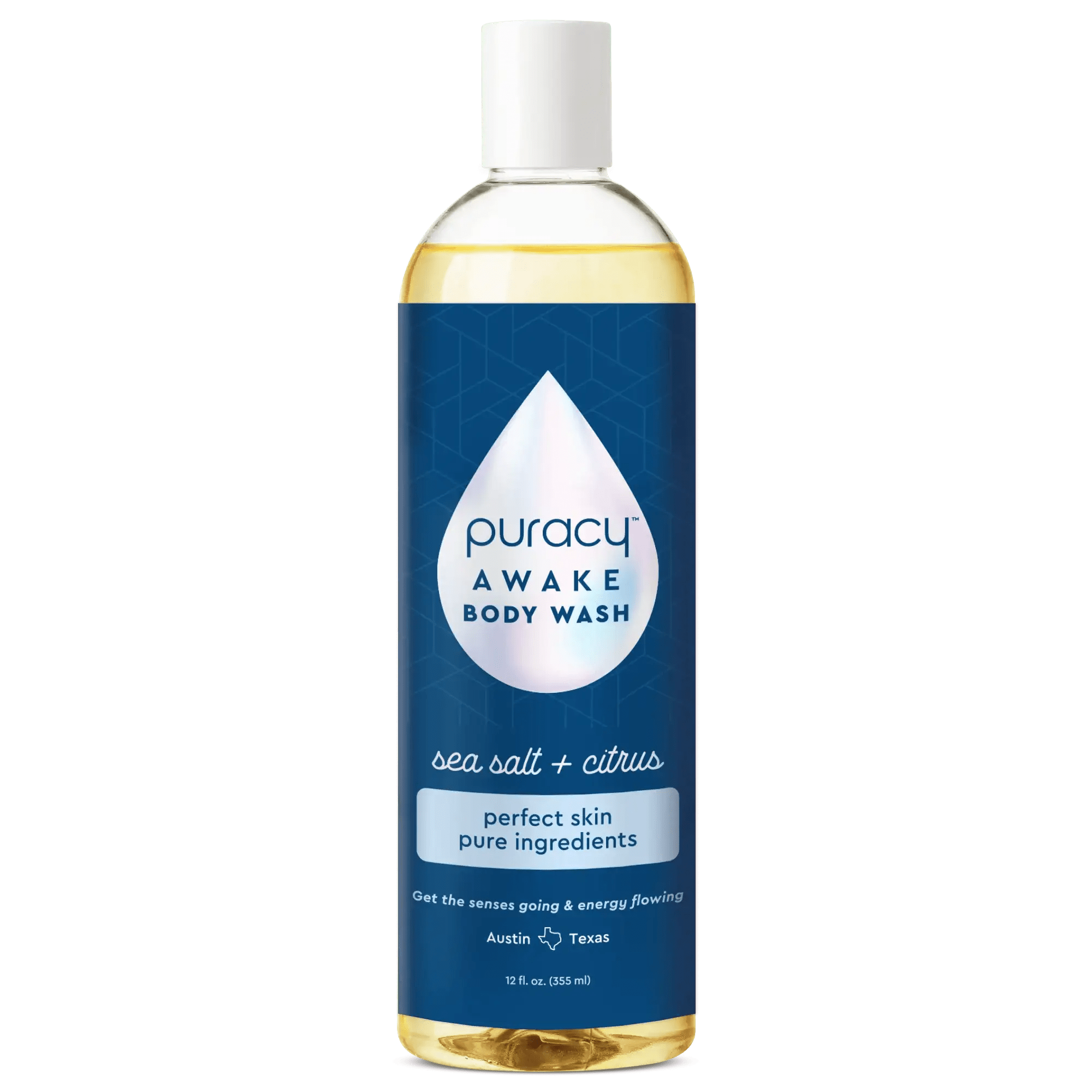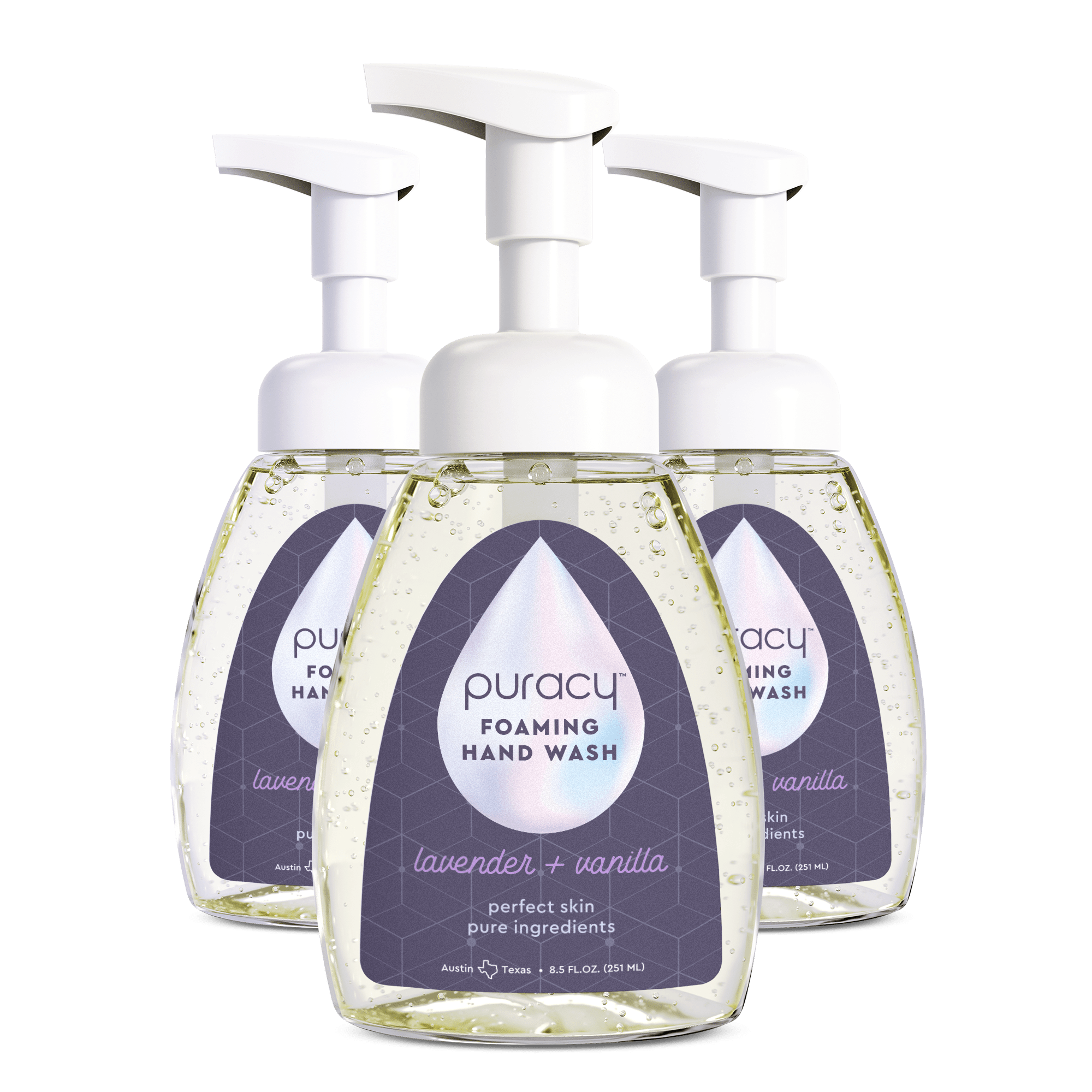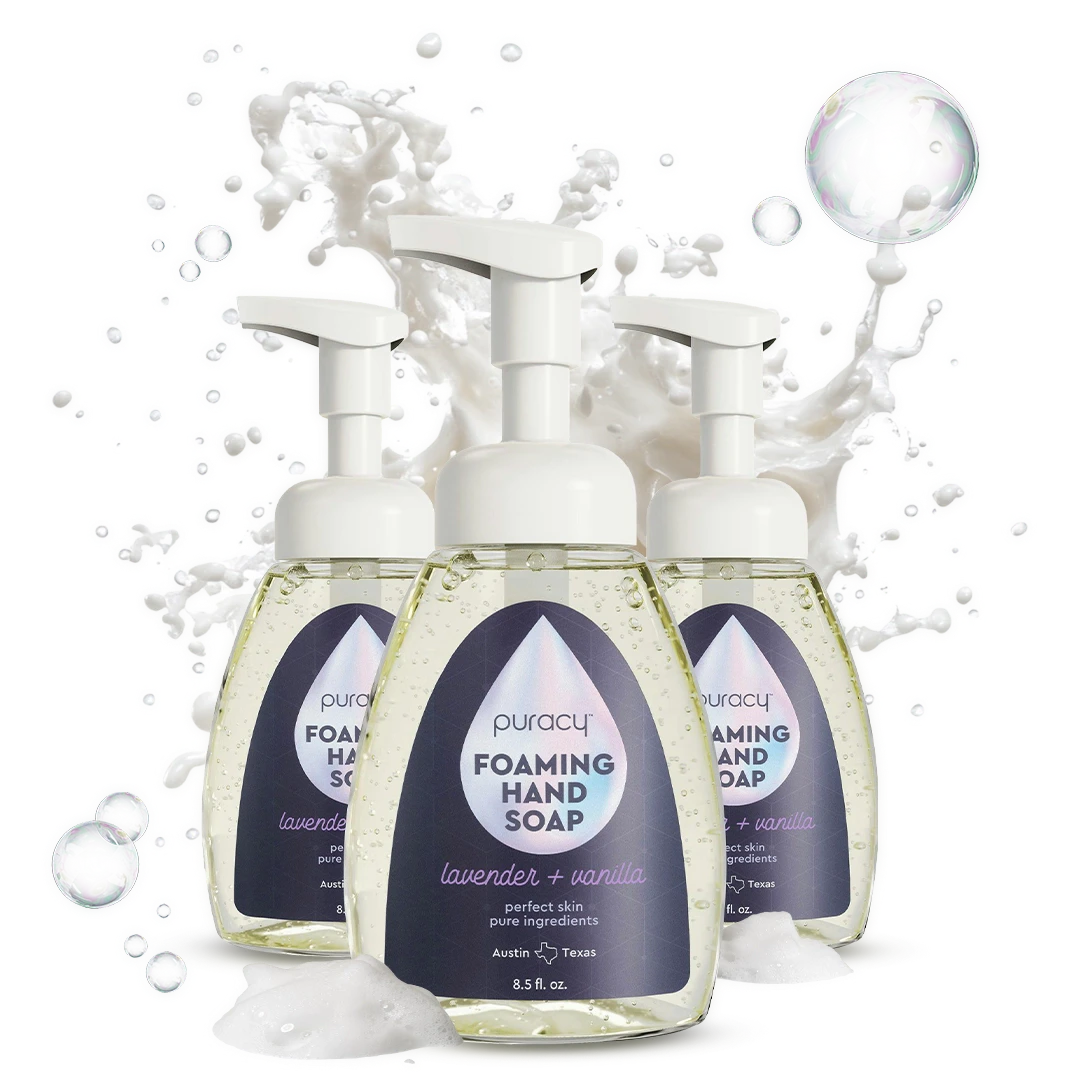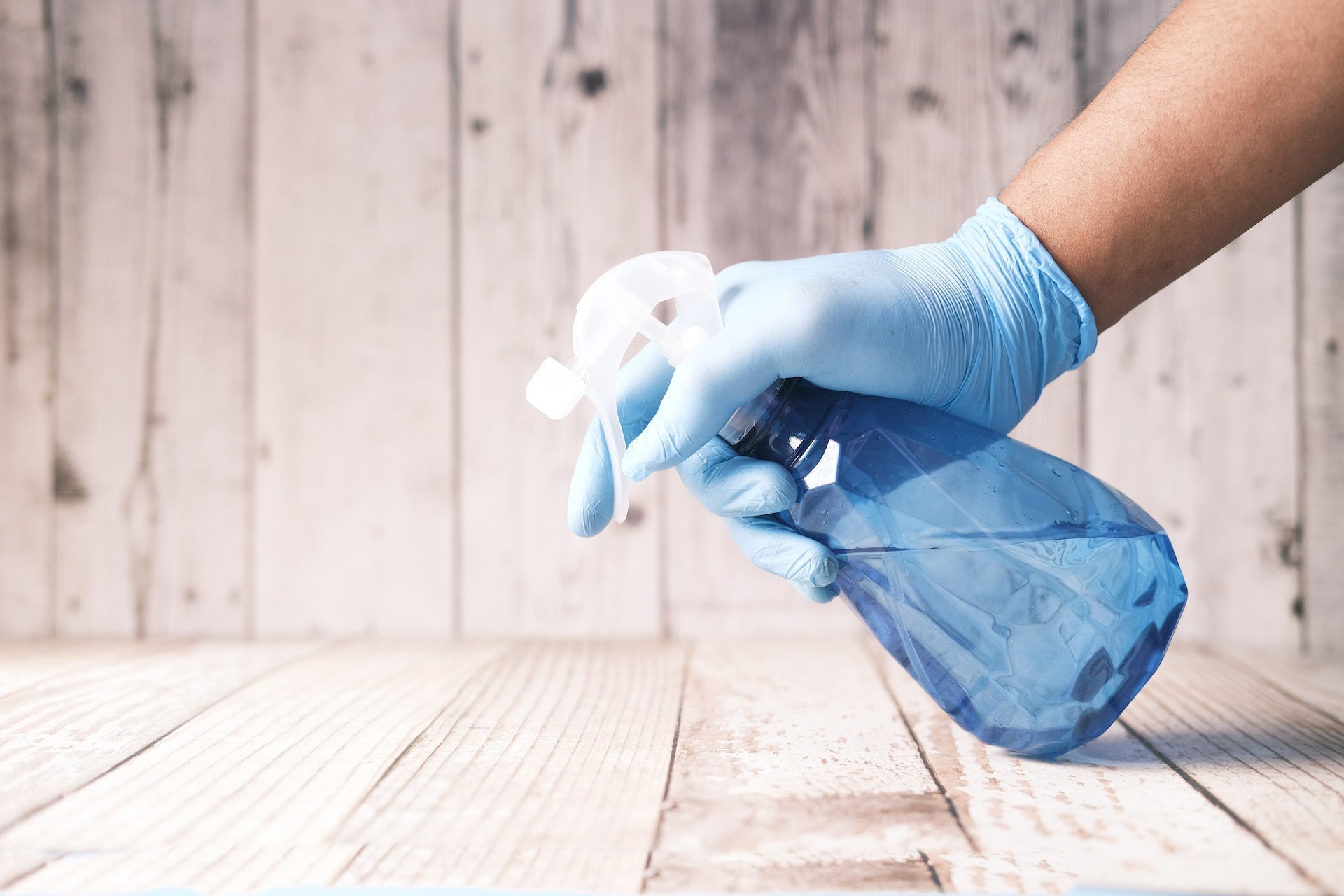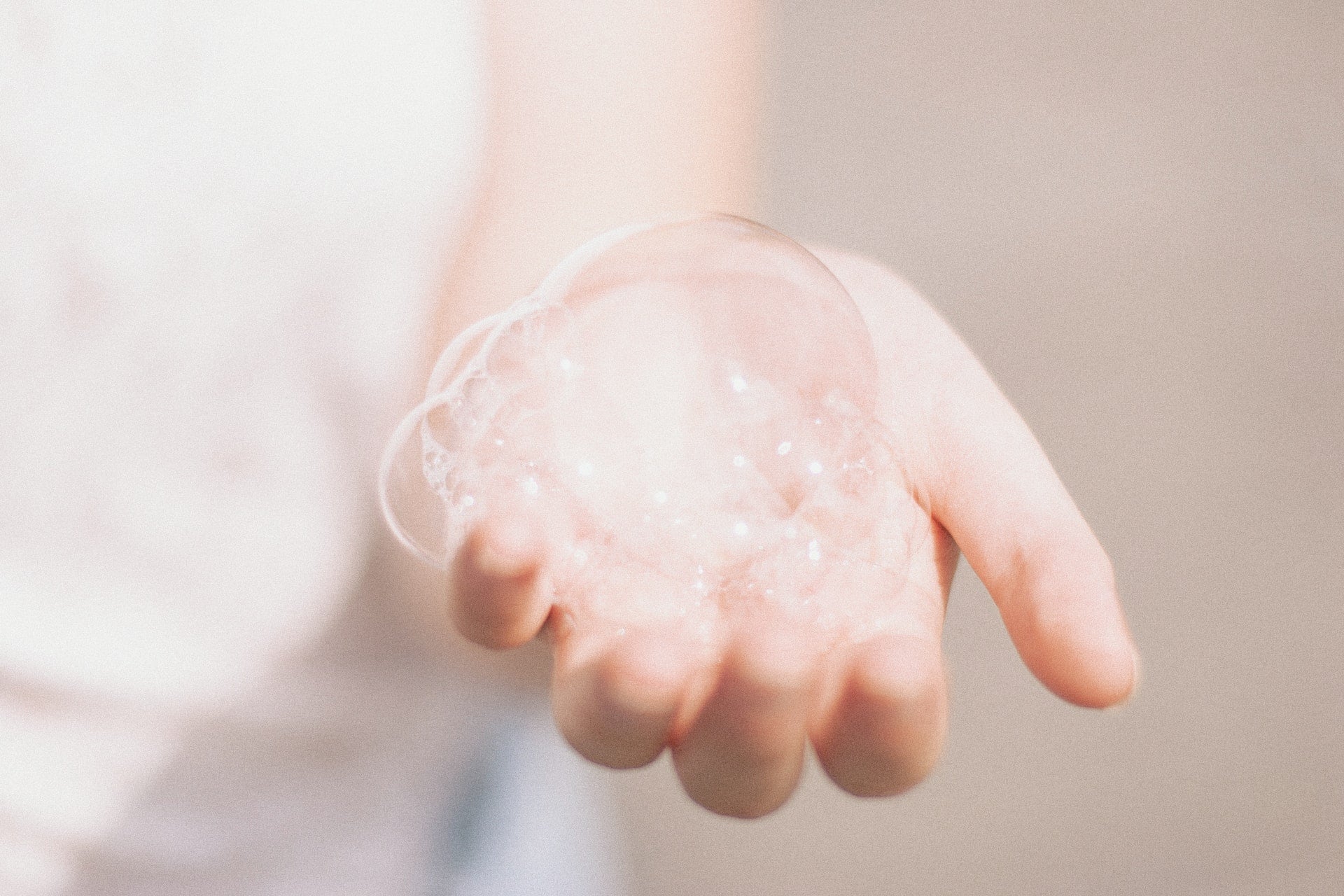
Is Shampoo Bad For Your Hair?
If you’ve ever been left with dry, damaged hair after trying out a certain shampoo, you may begin to wonder if shampoo is actually bad for your hair. Learn how incorrect application and harmful ingredients can damage hair, as well safe alternatives to protect and nourish your locks.
Is Shampoo Actually Bad For Your Hair?

Shampoo can damage your hair by irritating your scalp, drying it out, and stripping it of its natural color. Moreover, overwashing can further dry hair out, leading to dandruff and skin irritation. However, the right shampoo, with natural, nourishing ingredients, alongside a healthy shower routine, can keep your hair healthy and nourished.
Shampoo Risks

What makes some shampoos so damaging to your hair? Learn the reasons below.
Harsh Ingredients
Many shampoos today contain sodium lauryl sulfate (SLS), an effective surfactant that acts as a wetting and foaming agent in cleaning products. The ingredient itself isn't dangerous, but its incorrect formulations are often the cause of flaking, as well as the removal of natural sebum that can protect and nourish your roots.
Many shampoos also include preservatives such as parabens, which can irritate skin and eyes, as well as phthalates, which can be endocrine disruptors. Another common ingredient, dimethicone, can also dry out hair and irritate the scalp.
Overwashing
Frequently overwashing your hair with shampoo can be another damaging factor to hair. From dry hair to hair loss, the negative effects of overwashing can get worse when combined with chemical treatments or dyes.
Disruption of Natural Hair Function
Human hair is typically more acidic than the scalp, so shampoos should usually fall within the same pH level, which is approximately 5.5. Shampoos with a more alkaline pH can lead to cuticle damage and fiber breakage.
Aggravating Hair Ailments
Shampoo can also exacerbate the following conditions:
Some scalps are sensitive to shampoos and their harsher ingredients, and this can result in dandruff, or in some more serious cases, contact dermatitis.
Your scalp needs its natural hair oils to moisturize and hydrate, but these oils are often stripped away from common shampoo ingredients such as sulfates.
An itchy scalp can be the result of not sufficiently rinsing shampoo, or in some cases, allergic contact dermatitis.
- Hair Loss
Ingredients like formaldehyde, dimethicone, and keratin, can possibly exacerbate hair loss, especially when used in high concentrations.
The Origins of Shampoo

Although it seems like an essential part of your shower routine, this wasn’t always the case when shampoo was first introduced to the public.
Practical Purposes
At the turn of the century, regularly washing your hair wasn't a common practice in many American homes. But with the advent of shampoo, images of thick, lustrous hair soon became the norm, as well as promises of cures for baldness, dandruff, and other follicle-related ailments. The demand for solutions to these problems rose, and the shampoo industry took root.
Ingredients and Innovation
Modern shampoo was invented about a century ago, and even at its inception, it was known to dry out and damage hair. Early shampoo was made from lard and lye, ingredients whose high pH levels resulted in split ends and dryness.
In the 1930s, the first man-made detergent was developed: sodium lauryl sulfate (SLS). Its ability to create lather in bathing products contributed to its popularity, and it was soon a common ingredient in shampoos.
Safe Alternatives to Damaging Shampoo

What are the alternatives to using shampoos with harsh ingredients that dry out your scalp? Discover other options below.
Sulfate-Free Shampoo
Since many sulfates can irritate the eyes and skin, it's important to look for sulfate-free shampoo, especially if you have chemically processed or dyed hair. Shampoos free of sulfates will gently cleanse your hair while also keeping the natural hair oils that nourish and protect your scalp.
Dry Shampoo
If you don't have time to regularly wash your hair, dry shampoo can be a good option. It reduces oil and grease in your hair without the need for water, and its weightless texture can be gentle on your skin and scalp. Look for a natural formula that soaks up sweat, oil, and build-up, as well as plant-based antioxidants that protect and nourish your scalp.
Shampoo-Free Lifestyle
Despite its funny name, the "No 'Poo" movement is serious when it comes to protecting the natural oils in their scalp and not exposing themselves to potentially irritating chemicals. Instead of shampoo, they use alternatives like baking soda, apple cider vinegar, or conditioner only.
Frequently Asked Questions

Is shampoo always necessary?
Like most hair questions, it depends on your hair type. Thick, curly, or wavy hair tends to hold up better with less washing, so in some cases, skipping shampoo for dry shampoo or just conditioner can be helpful. Whether, thinner or straighter hair tends to hold onto oil more, requiring shampoo more regularly.
What happens if you never use shampoo?
The primary reason to shampoo is to clean up build-up and gunk, so if you completely forego shampoo, your follicles can get clogged and possibly infected. This can lead to irritation, and in some cases, hair loss.
Is it beneficial to use shampoo every day?
If you have very fine hair or regularly sweat due to exercise, work, or climate, you probably need to shampoo daily. However, most people, do not need a daily shampoo, and their scalp will actually benefit from 2-3 days between washings.s
How often should you shampoo?
The American Academy of Dermatology Association recommends washing your hair once a day if you have an oily scalp, but washing it less if your hair is chemically treated or if you have curly/coarse hair texture.
Nourish and Protect Your Hair with Natural, Plant-Powered Formulas

Whether you’re looking for a safe, naturally derived shampoo or shampoo alternative, Puracy’s sulfate-free shampoos and conditioners lift away dirt and grime to reveal healthy, shiny tresses. Packed with gentle cleansers and fortified with vitamins and natural ingredients, these hair essentials work with all hair types and washing schedules.
